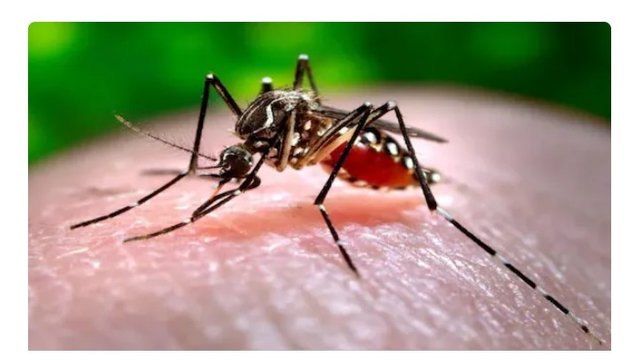
As we navigate through 2024, the world is grappling with a significant public health crisis that has raised serious concerns: dengue fever. With over 12 million reported cases and 8,000 deaths so far this year, the question arises—could dengue be the new global pandemic?
The Dengue Fever Landscape
Dengue fever is not new to the global stage. Transmitted by the Aedes mosquitoes, the disease has long been endemic in tropical and subtropical regions. Characterized by high fever, severe headache, pain behind the eyes, joint and muscle pain, and rash, dengue can escalate to severe forms, including dengue hemorrhagic fever and dengue shock syndrome, which can be fatal.
Historically, dengue has primarily affected tropical and subtropical areas of Southeast Asia, the Pacific Islands, the Caribbean, and parts of Africa and the Americas. However, the sharp rise in cases and fatalities this year signals a troubling shift.
The Numbers Speak
The staggering figures from 2024—over 12 million cases and 8,000 deaths—are indicative of an alarming trend. These numbers suggest a significant surge in incidence and mortality. To put this into perspective, in previous years, dengue cases typically ranged between 10 to 15 million annually, but the recent spike is unusual. The increase in deaths also highlights the severe complications and inadequate healthcare resources in some affected regions.
Factors Driving the Surge
Several factors contribute to the current dengue crisis:
Climate Change: Rising temperatures and changing precipitation patterns create more favorable conditions for mosquito breeding. Warmer climates extend the range of Aedes mosquitoes, increasing the risk of dengue in previously unaffected areas.
Urbanization: Rapid urban expansion often leads to poor waste management and stagnant water sources, ideal breeding grounds for mosquitoes. Dense populations in urban areas can also facilitate the rapid spread of the virus.
Travel and Globalization: Increased international travel and trade can help the dengue virus spread to new regions. What were once localized outbreaks can now reach global proportions.
Healthcare Challenges: In many affected areas, healthcare infrastructure struggles to keep pace with the growing number of cases. Limited access to medical care and diagnostic tools can exacerbate the severity of the disease and increase fatality rates.
Is Dengue the New Global Pandemic?
The term "pandemic" implies a widespread and often uncontrollable global outbreak. Dengue's current reach, while concerning, is still somewhat localized compared to the worldwide spread of diseases like COVID-19. Dengue's impact remains significant in tropical regions, but it hasn't yet reached the level of global disruption seen with the COVID-19 pandemic.
However, the sharp rise in cases and deaths in 2024 underscores the urgent need for a robust global response. Dengue's increasing frequency and severity could potentially lead to more widespread outbreaks if left unchecked.
What Can Be Done?
Addressing the dengue crisis requires a multifaceted approach:
Vector Control: Implementing effective mosquito control measures, including reducing breeding sites and using insecticides, is crucial. Community engagement and education are key to successful vector control.
Vaccination: Advances in vaccine development offer hope. The World Health Organization and various research institutions are working on vaccines that could significantly reduce dengue incidence. Continued support and investment in these efforts are essential.
Public Health Infrastructure: Strengthening healthcare systems in affected regions to improve diagnosis, treatment, and response capabilities can help mitigate the impact of dengue.
Global Collaboration: International cooperation and sharing of resources, knowledge, and strategies can enhance the global response to dengue. Addressing the root causes, such as climate change and urban planning, requires collective action.
Conclusion
While dengue fever has not yet reached the global pandemic status of diseases like COVID-19, the surge in cases and deaths in 2024 is a wake-up call. The disease's growing impact and the factors driving its spread highlight the need for immediate and coordinated action. By addressing both the immediate health concerns and the underlying factors contributing to the rise in cases, we can work towards controlling dengue and preventing it from becoming a more severe global health crisis.
Your post was upvoted and resteemed on @crypto.defrag
Downvoting a post can decrease pending rewards and make it less visible. Common reasons:
Submit
Thank you very much for this kind gesture
Downvoting a post can decrease pending rewards and make it less visible. Common reasons:
Submit